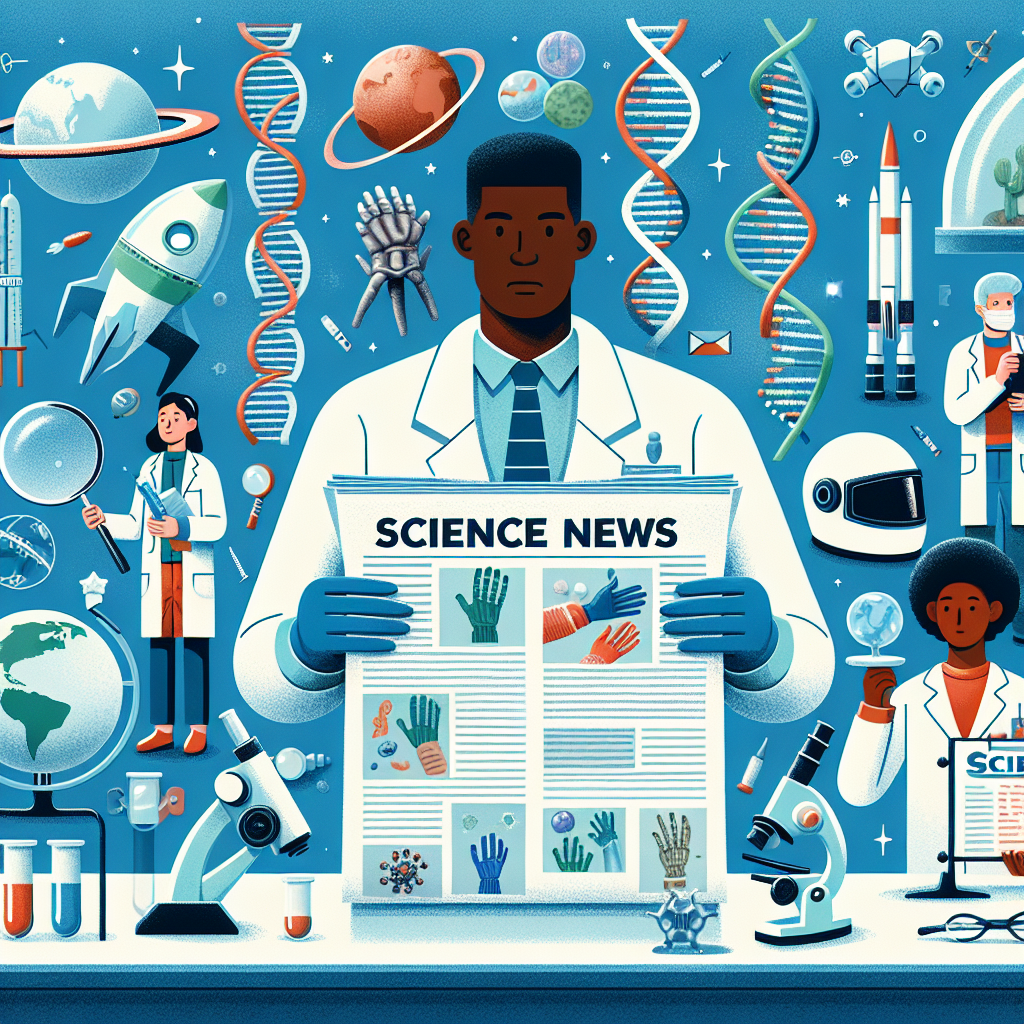Global Science Roundup: From Frigid Alien Planets to Viking Skeletons
A summary of current science news includes the discovery of a frigid alien planet offering insight into Earth's distant future, a Spanish mother-daughter duo using bacteria to restore church frescoes, a $2.3 billion science and tech innovation district opening in Manchester, and Danish archaeologists unearthing 50 Viking skeletons.

A distant frigid alien planet offers a fascinating glimpse into Earth's possible future, showcasing that our planet might survive the sun's death as a cold outpost. This rocky planet, much like Earth but 1.9 times its mass, orbits a white dwarf about 4,200 light-years away in the Milky Way's center, according to Hawaii-based telescopes.
In an innovative fusion of microbiology and art restoration, Spanish microbiologist Pilar Bosch and her mother Pilar Roig are using bacteria to restore 18th-century paintings in Valencia. This intersection of fields highlights groundbreaking techniques in preserving historical art.
Manchester has welcomed the initial phase of a 1.7 billion pound ($2.3 billion) innovation district aimed at propelling the city's science and technology sector. The district, built on the University of Manchester's former North Campus, represents a significant boost to commercial space and housing, backed by university and private sector investments.
Danish archaeologists have made an extraordinary find near Odense, unearthing 50 well-preserved Viking skeletons. These discoveries promise to offer new insights into the lives of the medieval Nordic people, with their preservation aided by high water levels and favorable soil conditions.
(With inputs from agencies.)










